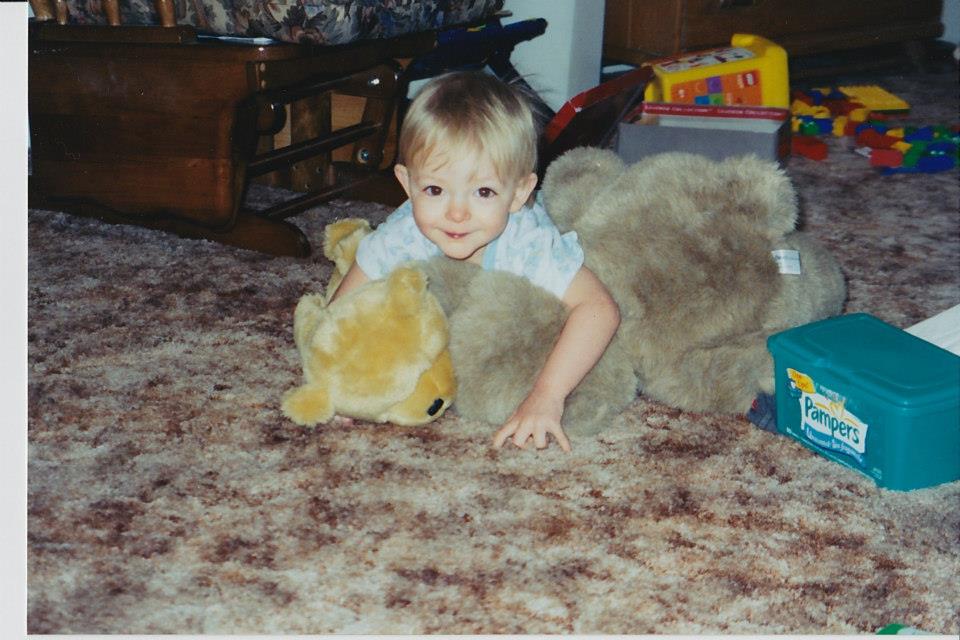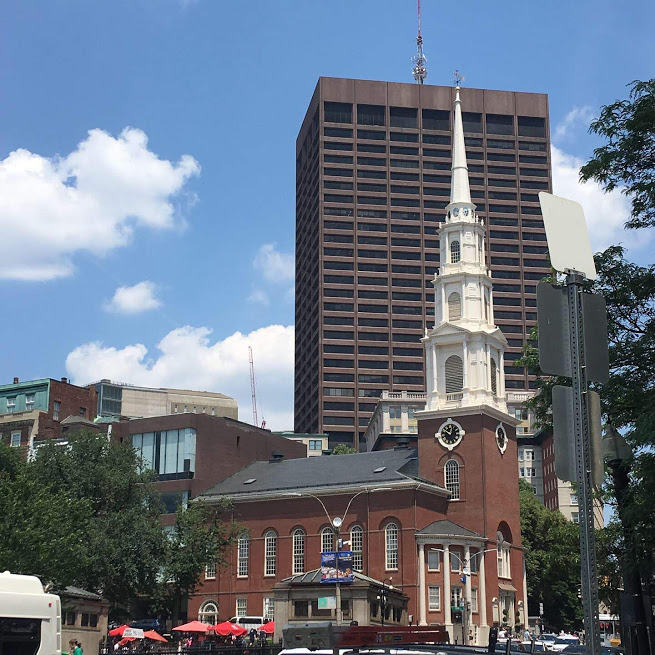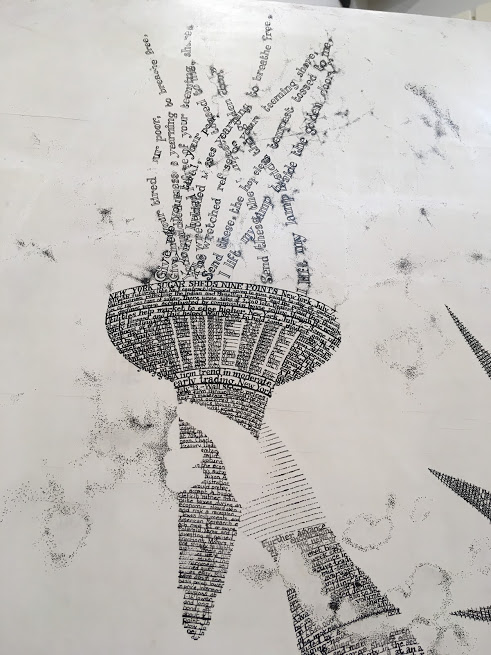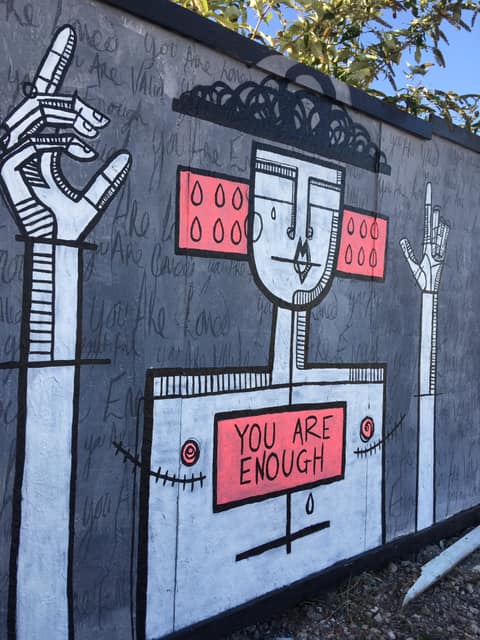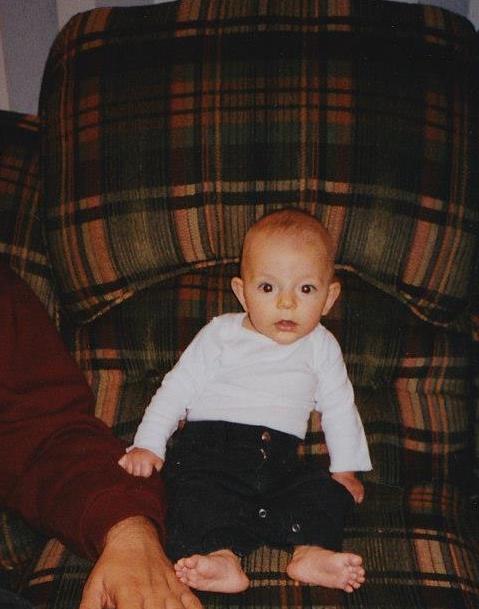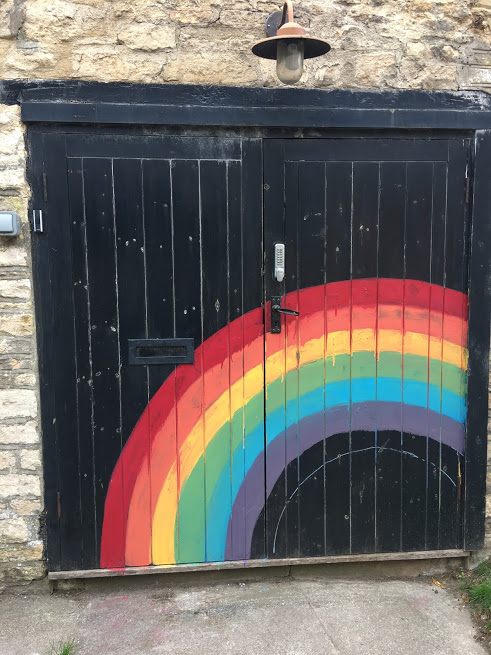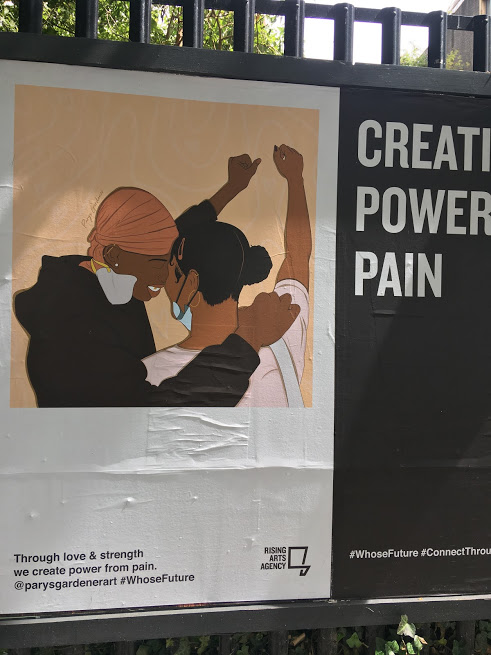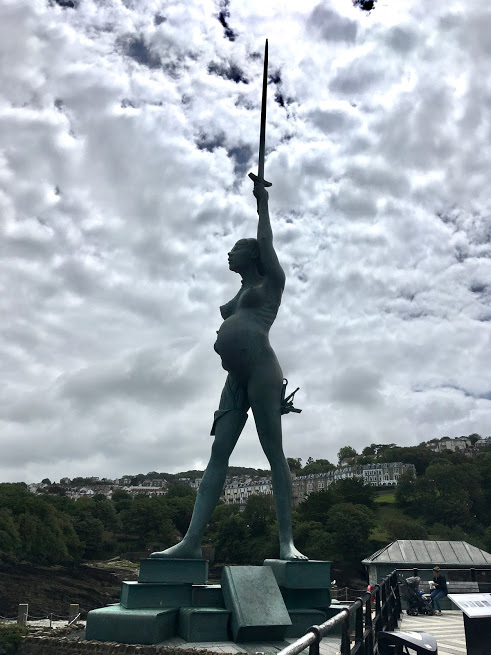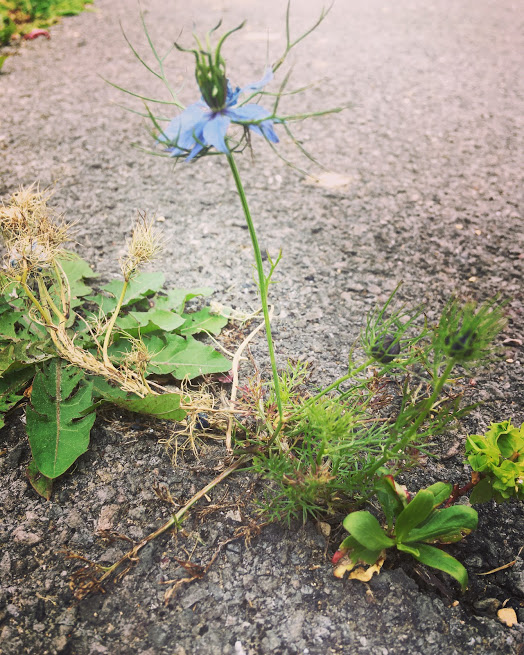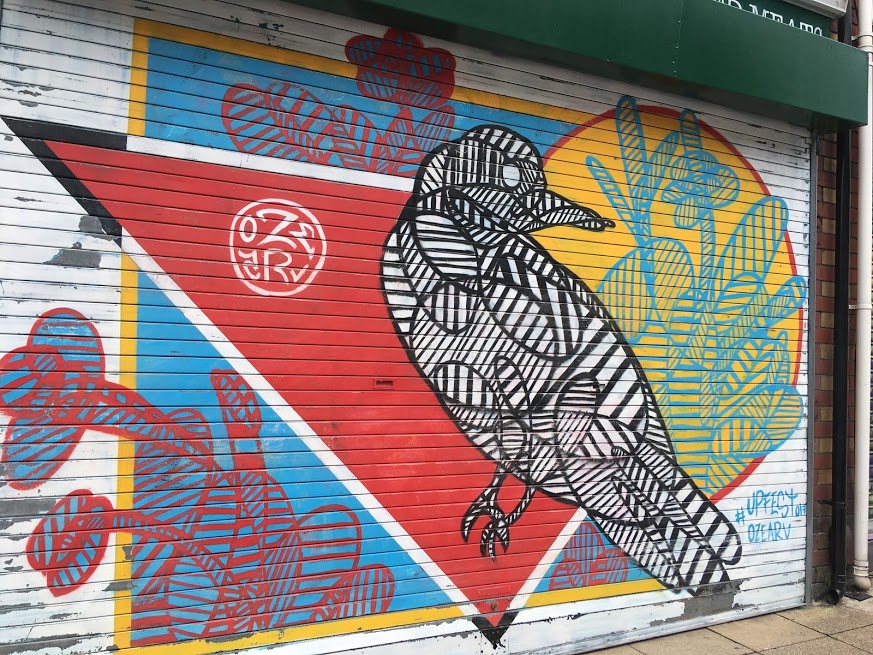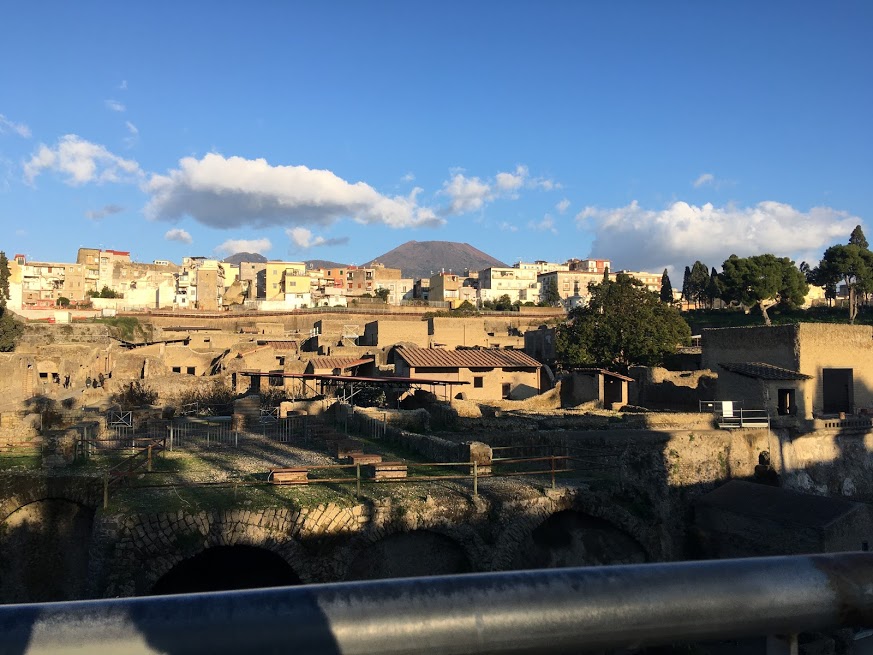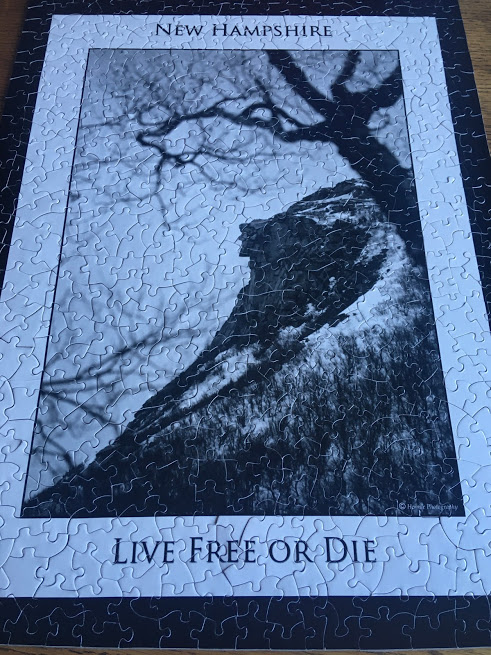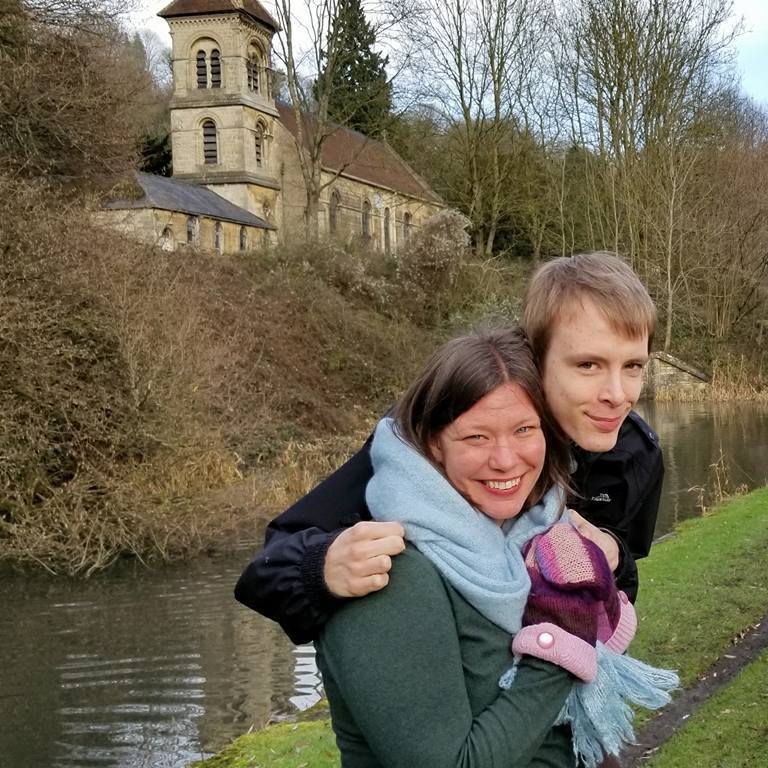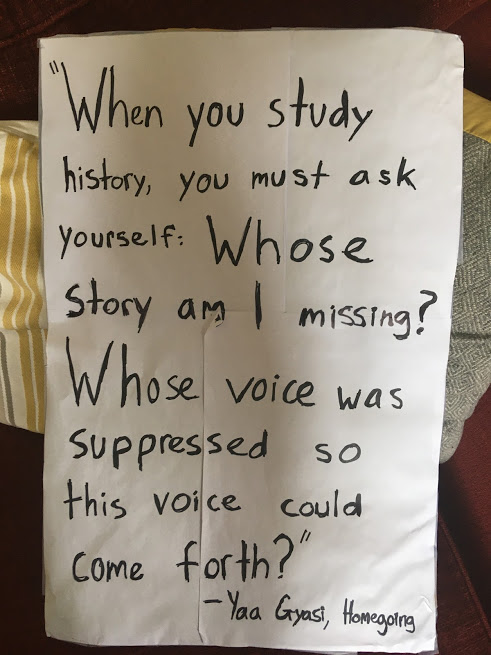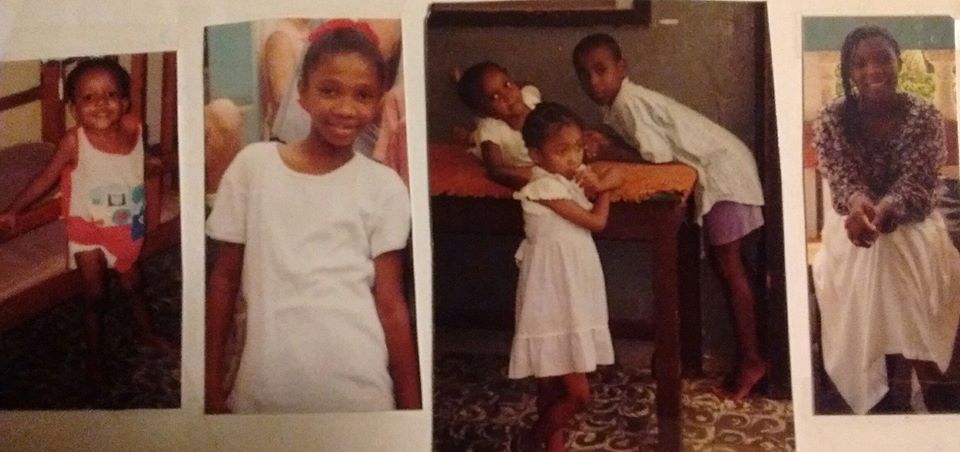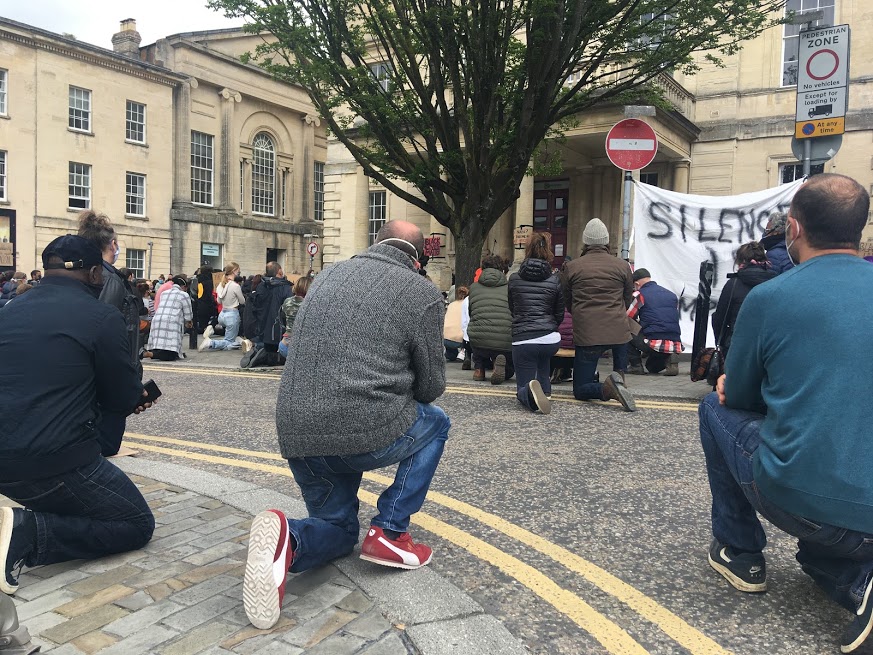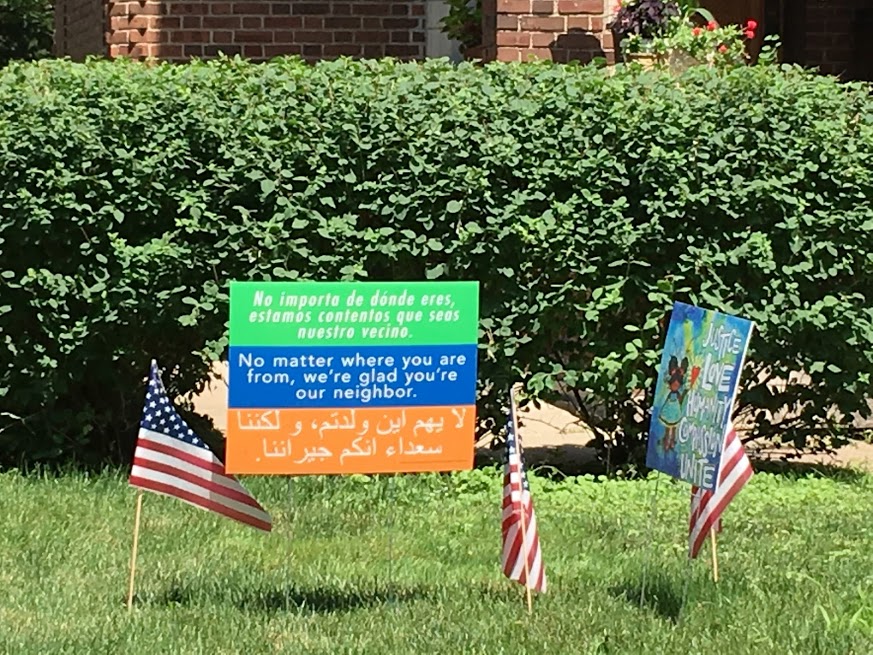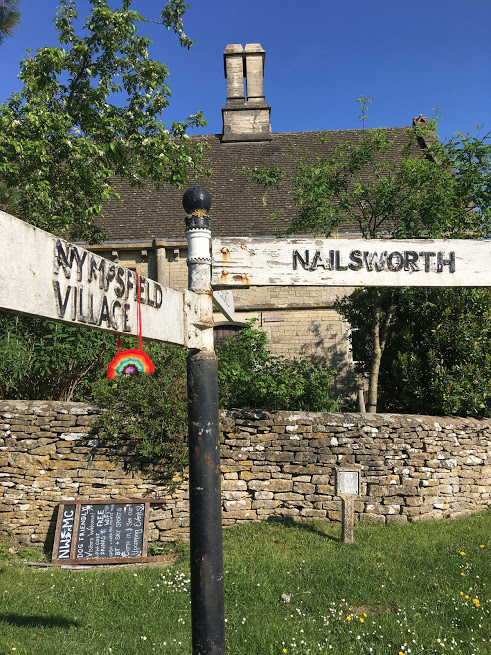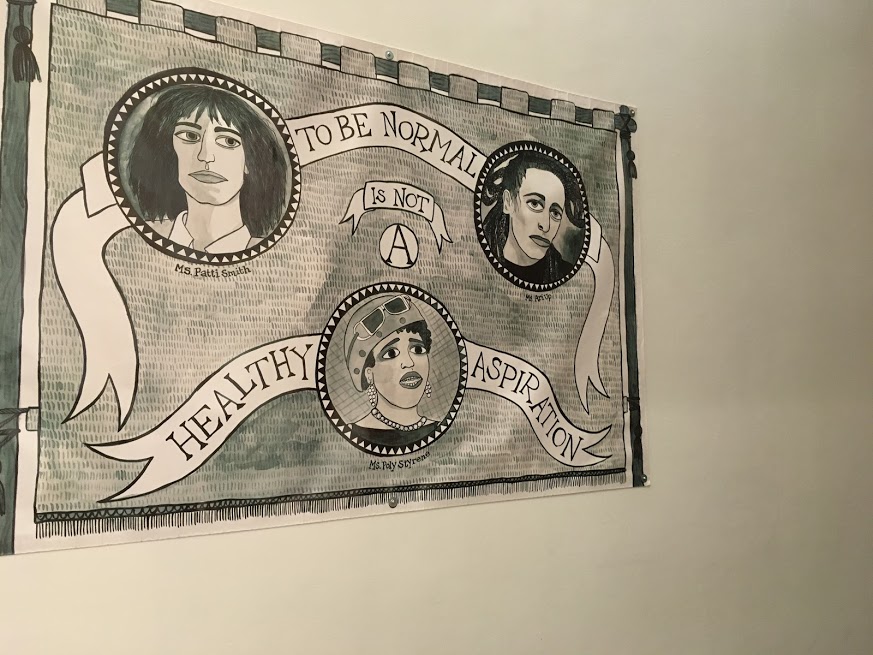This Week’s Bit of String: Fruit cocktail upstairs
When I was growing up my family rented part of a large, New England lakeside farmhouse. It wasn’t the most meticulously renovated building, and sometimes the winter stole in, down the stone chimney (which bats were also known to use as a passage) and between the log walls. Some mornings were so cold my mother wouldn’t let us come downstairs.
Instead, she’d carry up a little wooden table with peeling paint, and our metal-mesh chairs, and some bowls of tinned fruit or yoghurt. We’d have breakfast like a doll’s tea party in the bedroom, clustered round the small table. We loved it.

For our mom, it was probably stressful, worrying about our health and having to rearrange things when she had 3 preschool kids with another on the way. But we just enjoyed the thrill of it, while she took care of everything.
Some of my favourite childhood memories involved keeping warm. Car rides wrapped in afghans crocheted by great grandmothers and aunts; coming in from snowball fights to find Dad making pizza with his records blaring. To appreciate these, we had to be cold first. But warming up after is well worth it.
Warm-Up Writing
Warmth is the quality I most cherish in a book, film, or TV series. Some people might say chemistry but that’s a little volatile, and can be cold, manufactured. I’m not just referring to cosiness and security either. I like a crackle beneath the surface. Maybe it’s just a few embers which a piece occasionally circles back to, or steady driving heat.
A warm story doesn’t require the complete absence of cold. Far from it—without hostility or loneliness, how would we appreciate the pockets of warmth?
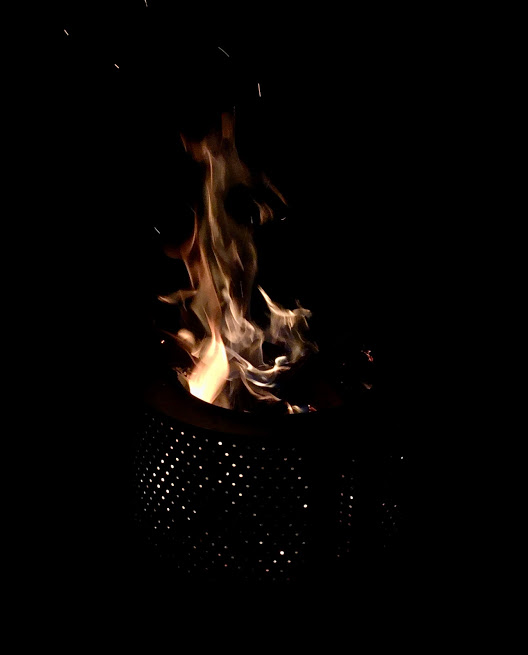
The heat source is usually a relationship, though not always a romantic or conventional one. It might be acceptance of a friend’s or sibling’s quirks, or devotion to a particular place (love of home is still a form of relationship), or a driving faith in an idea, even if misguided.
Often, we get a combination of these. Of Mice and Men, for example, is about friendship, tolerance for disability and racial differences, and also the unabashed pursuit of pet rabbits. My favourite writers: Dickens, Chabon, Atkinson, AM Homes, John Irving—I love them for the vast, diverse casts of characters they use but it’s not as if they’re just ticking identity boxes. They’re portraying authentic idiosyncrasies, and other people’s attractions to them. Same with TV shows, I love the recent shift toward ensemble casts, from Buffy the Vampire Slayer to Brooklyn 99, because it feels appreciative and supportive.
Turning Up the Heat
I’m not reputed for the cheeriest of writings. My two most successful short stories are about a brutal invasion, and a grieving mum. But I think part of what commended those stories to judges and readers was maintaining a dash of warmth. How can we make sure it’s included?
Including all reality: Even during the most terrible events, small good things will still happen. Sunrises, embraces, a cup of tea. It’s not necessary to only show the bad.
Detail work: Quick lines about a character’s manner or appearance can endear them to us. Dickens and Disney understand this; giving even villains catchphrases or sidekicks. It makes us not hate to see them, and maybe even root for them.
Honesty: Fair presentation of our characters’ faults mean they can be more fully embraced, by other characters and by readers. Bonds that have been tested can come out stronger, so we needn’t gloss things over. My latest novel is about Eve, and while she and Adam had seen each other fail spectacularly, this made them rather appreciate each other’s support at new levels.

Relatability: If we recognise something in a story, even in the midst of unpleasantness, we warm to it. And as writers, adding familiarity makes us feel a situation more deeply, and that comes through. For example, in “The Apocalypse Alphabet,” along with the stress of rationing and an approaching invasion, I included images resonant from childhood and parenthood: a little boy with his nightshirt flapping around his knees, battling with wooden spoon weapons.
Imagination: While we like glimmers of familiarity in our reading, what really entices us is that those relatable details clue us in to something bigger. We want to feel part of a grander adventure, so there’s no need to hold back from introducing the weird or wild. Contrast is key. There’s a reason I remember the Upstairs Breakfasts rather than any other picnic at our little wooden table—they were unexpected, urgent, exciting.
Dialogue: Spoken exchanges are some of the clearest ways to communicate warmth, not just because someone’s saying something, but because someone’s listening as well. I miss overhearing dialogue, since my life is so home-based now. Even my walks have to come very early, before anyone is about. Last week I “treated myself” to a lunchtime walk and took my earbuds out while I strolled up the High Street. A scruffy bearded man in pyjama bottoms and worn red trainers boasted to a dog-walking lady with a More Beer hoodie about his wife’s special mince pies. A couple of men with foreign accents talked earnestly outside a closed-down pub about how much one man loved his van. “Dis car is my workhorse, you know?” Nothing intriguing or witty, but it warmed me to know that people are still interacting kindly with each other, right there on the street.
What are some of your favourite sources of warmth in the literary world?
